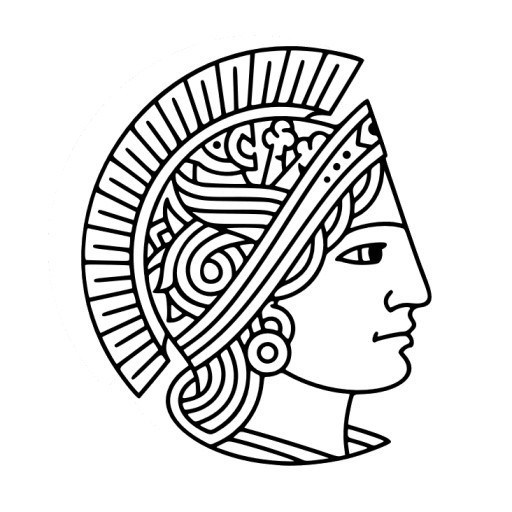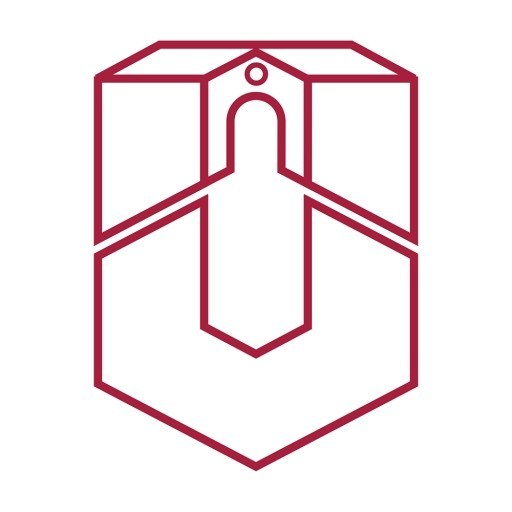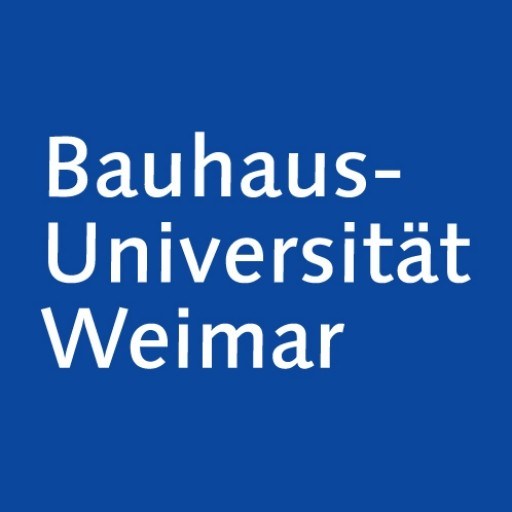Photos of university / #uni_duisburg_essen
The Master's program in Urban Culture, Society and Space at the University of Duisburg-Essen offers an interdisciplinary and comprehensive approach to understanding the complexities of urban environments and their societal dimensions. This program is designed for students interested in exploring the dynamic interactions between urban spaces, cultural phenomena, and social processes, preparing them for careers in urban planning, cultural management, research, and policy development. The curriculum integrates theories and methodologies from sociology, urban studies, cultural studies, geography, and related disciplines to provide a well-rounded understanding of contemporary urban challenges and opportunities. Students will examine topics such as urban identity, social inequalities, spatial development, cultural diversity, sustainability, and the role of media and technology in shaping urban life. The program emphasizes practical skills alongside theoretical knowledge, offering opportunities for fieldwork, project-based learning, and collaboration with local communities and organizations. Graduates will be capable of analyzing urban issues critically and creatively, devising innovative solutions and strategies to foster inclusive, vibrant, and sustainable cities. The program is taught by experienced academics and practitioners committed to fostering a collaborative learning environment. It prepares students for doctoral studies or professional roles in urban development agencies, cultural institutions, NGOs, and governmental bodies. The interdisciplinary nature ensures that graduates possess a broad perspective and adaptable skill set suitable for various sectors related to urban society and culture. The University of Duisburg-Essen provides excellent resources, research facilities, and an international network that enrich students' educational experience. Overall, this Master's program aims to equip future experts with the knowledge, skills, and perspectives necessary to shape and understand the cultural and societal fabric of urban spaces in a rapidly changing world.
Educational organisation
This Master's course and its twin course "Sustainable Urban Technologies" are modularly structured and include disciplinary introductory, intermediate and advanced-level modules. The focus in the "Sustainable Urban Technologies" course is on engineering and natural sciences, and the focus in the "Urban Culture, Society and Space" course is on the social sciences and humanities.Both programmes also overlap considerably in terms of interdisciplinary approaches and content. These overlaps are primarily placed in the integrative modules and the complementary modules in the first and second semesters of study as well as in the practical project in the third semester. In particular, the complementary modules and the practical project both impart special knowledge of the subject areas focused on in the parallel programmes.
The fourth semester is devoted to the writing of a Master's thesis. The thesis is of crucial importance to the entire course of studies, as it demonstrates a student's ability to productively address central urban issues while applying academic/scientific expertise with a clear view towards creating interdisciplinary connections and links to other areas related to urban systems.
Study abroad unit(s)
PossibleInternships
During their course of studies, students do an internship of at least three months (Module 7) to prepare them for future professional work.The internship project presents students with the opportunity to gain practical experience in transdisciplinary project work while also enabling them to reflect on real-world praxis from an academic/scientific perspective through work on exemplary large-scale urban projects (urban development, design, and restructuring, city planning, city management, infrastructure projects, city administration, urban research, etc.).
Students will receive intensive guidance in looking for appropriate internships. This guidance will be provided by the Centre for Water and Environmental Research (ZWU) and the Centre for Logistics and Traffic (ZLV) (both part of the Main Research Area Urban Systems), both of which have long-standing contacts to companies and authorities.
Forms of assessment
Written and oral exam, written report, presentationCourse objectives
The goal of the Master's programme Urban Culture, Society, and Space (and Sustainable Urban Technologies) is to educate future experts for urban developments and projects who are able to effectively communicate and take action. Our interdisciplinary expert profile is to be implemented through two discrete courses of study, which are nevertheless integrated in terms of content and subject matter. This means that there are significant overlaps between the two programmes, one focusing on engineering, urban planning and design and the other on the humanities, social sciences and education. This dual approach is rooted in acknowledgement of the importance of specialisation in particular fields despite the necessity of promoting interdisciplinary qualifications.Language requirements
Applicants who are non-native speakers of English need a proof of English skills according to level C1 of the Common European Framework (CEF) for languagesStudents who are non-native speakers of German or who do not hold a degree from a German-speaking university, need to present a DSH certificate of level 2
Required DSH / TestDaF
YesAcademic requirements
The admissions requirement for the "Urban Culture, Society and Space" Master's programme is a BA (Bachelor's degree) in the humanities, social sciences, education, or geography from a degree-granting institution of higher education. Comparative degrees will be accepted if the board of examiners can verify that the degree is equivalent to a BA. Candidates must also take an aptitude test (for more information, consult the Applications page) and certify their English and German skills.Additional information is given on http://www.uni-due.de/urbane-systeme/.
Enrolment fees
There are enrolment fees of approx. 250 EUR per semester. These include- a public transport ticket for the entire region of North Rhine-Westphalia
- fees for providing social, financial and cultural support services ("Studentenwerk")
Costs of living
Approx. 1,000 EUR per month to cover personal expensesUrban Culture, Society and Space at the University of Duisburg-Essen is an interdisciplinary master's program designed to explore the complex relationships between urban environments, cultural practices, social dynamics, and spatial questions. The program aims to equip students with theoretical knowledge and practical skills to analyze and influence urban development and cultural phenomena within cities. It emphasizes a multidisciplinary approach, integrating perspectives from sociology, geography, urban planning, cultural studies, and architecture to provide a comprehensive understanding of contemporary urban issues.
Students participating in this program engage with topics such as urban identities, social inequalities, spatial justice, gentrification, cultural diversity, and the impact of globalization on cities. They learn to critically assess urban policies, develop innovative solutions to urban challenges, and contribute to sustainable urban development. The curriculum includes core modules covering urban theory, qualitative and quantitative research methods, and case studies related to urban culture and society. In addition, students have opportunities for specialization through elective modules that focus on specific themes like urban youth culture, public space management, or digital urbanism.
The program also emphasizes practical engagement through internships, fieldwork, and project work with local communities and city administrations. This prepares graduates for careers in urban planning agencies, cultural organizations, social research institutions, and NGOs. The program's international perspective is reinforced by exchange opportunities and collaborations with partner universities across the globe. Graduates leave equipped with a global outlook and the ability to critically analyze urban phenomena from multiple disciplinary angles.
The university provides state-of-the-art facilities, including research centers and libraries, to support student research activities. The program is designed to be completed within four semesters, leading to the Master of Arts (M.A.) degree. Overall, it offers a thorough education for those interested in the social, cultural, and spatial aspects of urban life, fostering innovative thinking and responsible urban citizenship.







